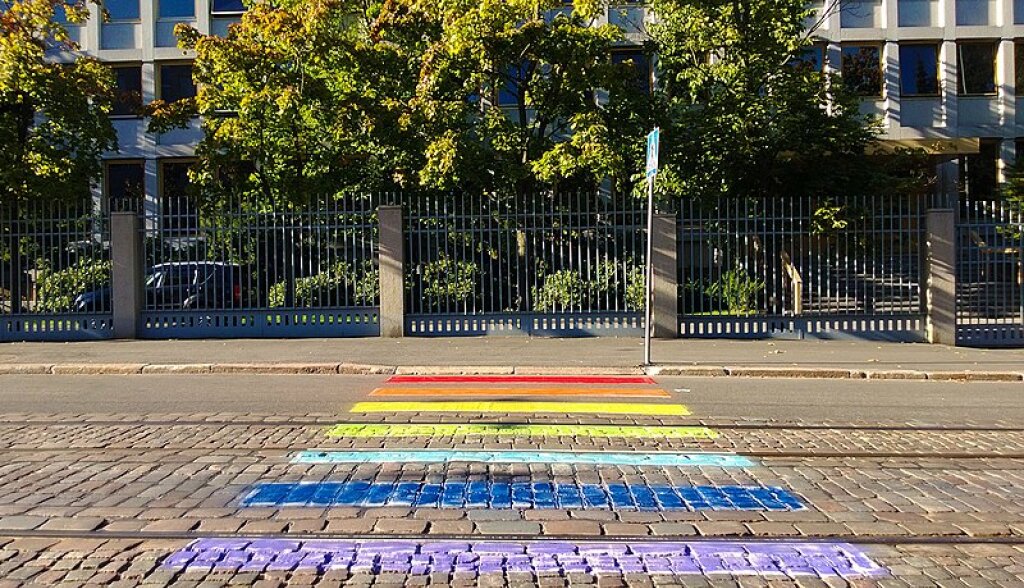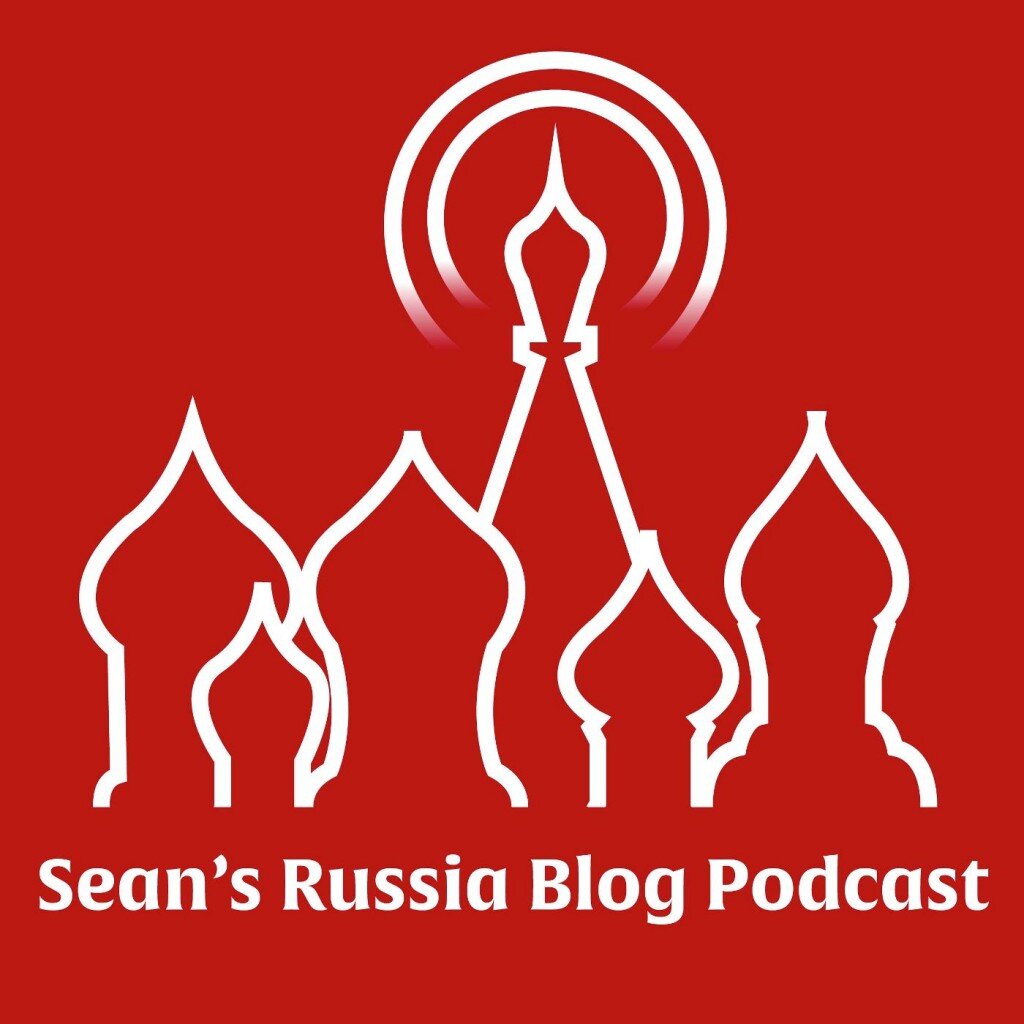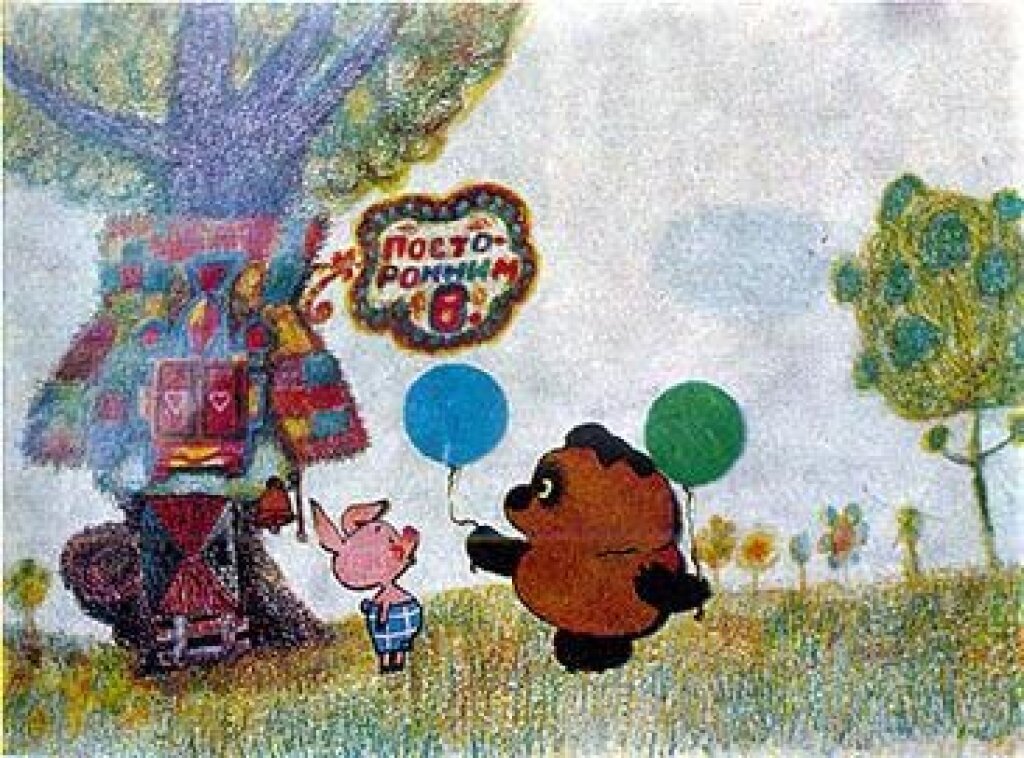We at the Jordan Center stand with all the people of Ukraine, Russia, and the rest of the world who oppose the Russian invasion of Ukraine. See our statement here.
Above: a protest against Russian anti-LGBT+ sentiment and legislation from 2013.
Radzhana Buyantueva is a Postdoctoral researcher of the Fonds National de la Recherche Scientifique (F.R.S.-FNRS) affiliated with the Centre d'Etude de la Vie Politique (Cevipol) at the Université Libre de Bruxelles (ULB), Belgium.
Russia’s war in Ukraine is a culmination of the Kremlin’s growing distrust of the West. In his speech announcing the invasion of Ukraine on February 22, President Vladimir Putin alluded to the West’s intention to undermine "traditional Russian values":
Properly speaking, the attempts to use us in their own interests never ceased until quite recently: they sought to destroy our traditional values and force on us their false values that would erode us, our people from within, the attitudes they have been aggressively imposing on their countries, attitudes that are directly leading to degradation and degeneration, because they are contrary to human nature.
The speech shows that Russia’s military and security policies are closely connected with the politics of sexuality and gender. It emphasizes the Kremlin’s goal to suppress Western ideals that threaten the Russian nation, which is built on spirituality and patriarchal notions of gender and "traditional family." In this regard, LGBT+ rights are understood as part of harmful Western influence, which should be stopped. The Kremlin actively promotes conservatism and traditionalism domestically and abroad, attacking LGBT+ rights and those who support them.
Russia offers a vivid example of how domestic political backlash against Western influence may affect LGBT+ rights and the development of LGBT+ activism in the country.
Until the late 1980s, there was little to no LGBT+ activism in Russia due to the high level of state pressure on same-sex relations in the Soviet period. Sexual relations between men were criminalized. Homosexual relations were presented as a result of capitalist influence and a threat to the socialist state. LGBT+ people had to keep a low profile, minimizing their activities mostly to close friends—or anonymous contacts at public meeting spaces like saunas and public toilets.
Between the late 1980s and early 1990s, Russia witnessed favorable sociopolitical changes such as liberalization and democratization of society. These changes facilitated a decrease in state repression toward queer people. In 1993, homosexuality was decriminalized. The state’s intentions to establish closer relations with the West and adopt democratic ideas were the likely reasons for the decreased repression of LGBT+ people, which created positive conditions for the rise of LGBT+ activism.
Early LGBT+ activists focused most of their attention on the development of the LGBT+ community by organizing educational and cultural events, providing safe spaces for socialization, publishing press for queer audiences, and working on issues such as HIV/AIDS.
Since the turn of the new century, however, Russia has witnessed a gradual increase in state repression toward LGBT+ people. This escalating repression partly responded to the greater visibility of LGBT+ activists, who organized public events like Pride marches, demonstrations, and pickets; challenged discrimination based on sexual orientation and identity; and demanded recognition of their rights. Yet to a much greater extent, this increased repression was facilitated by significant changes in state policies aiming to promote conservative and anti-Western discourse on national and international levels.
First of all, Russia experienced significant changes in its foreign policy. Russia’s foreign policy became more assertive for several reasons, such as advances by the NATO and the European Union in the post-Soviet region, the so-called color revolutions, and Russia’s search for an independent course of development.
The state's promotion of conservatism in a discourse laced with anti-Western invective increased state repression of members of the LGBT+ community. Anti-LGBT+ rhetoric fit well into the Kremlin’s anti-Western narrative, allowing the political and religious elites to scapegoat LGBT+ people as sources of "negative Western influence" and a threat to Russians’ morality and "traditional values."
The escalation of state repression of LGBT+ people manifested in the following legal changes. The state prohibited "propaganda" of homosexual or "nontraditional" sexual behavior to children (better known as "the gay propaganda law"). Another law banned the adoption of Russian children by foreign same-sex couples and by foreigners from the countries with legal same-sex marriage.
The Kremlin’s anti-Western discourse combined with growing wariness of opposition activity facilitated further legal changes designed to contain Russia’s civil society. The following legal changes most affected LGBT+ activism:
A requirement for nongovernmental organizations receiving foreign funding and engaging in political activity to register as foreign agents ("the foreign agent law")
A ban on nongovernmental organizations that engage in "political activity," work "against Russia’s interests," and receive US funding ("the Dima Yakovlev law")
A revision of the definition of treason to include advisory, financial, or other aid to foreign states or international bodies that target Russia’s security
A ban on unwelcome nongovernmental organizations that threaten Russia’s security and public order
These policy changes limited LGBT+ activists’ chances of getting financial support from abroad, impeded the development of their networks, and consequently put severe constraints on LGBT+ activism.
The state’s promotion of conservatism and the increase in repression of LGBT+ people contributed to the growth of public discrimination and violence on the basis of sexual orientation and identity. In the period since the adoption of "the gay propaganda law," cases of discrimination escalated massively. The rate of hate crimes and violence toward members of the LGBT+ community also grew significantly.
Such an increasingly hostile sociopolitical environment forced LGBT+ activists to reconsider their tactics and strategies. The organization of street events became less favored for several reasons. First, it became problematic to get LGBT+ street events allowed by the local authorities. Second, LGBT+ street events are likely to attract attention and thus engender attacks against anti-LGBT+ groups and activists. Third, LGBT+ street events are likely to be disrupted by the police.
LGBT+ activists switched to predominantly organizing indoor events (e.g., educational and cultural events, tea gatherings). However, even such events are at risk of violence and harassment from the authorities, police, and homophobic public.
The distribution of information on LGBT+ topics also suffered due to the aforementioned legal changes (e.g., "the gay propaganda law"). Websites and social media content on LGBT+ themes are regularly targeted, removed, and/or shut down by the authorities.
LGBT+ people became a convenient political target due to Russia’s anti-Western stance and protection of traditionalism. Policy changes intended to block financial support coming from abroad (e.g., "the foreign agent law," the ban on "unwelcome" NGOs) and to impede the circulation of information on LGBT topics ("the gay propaganda law") are particularly detrimental to the development of LGBT+ activism in the country.
As a result, LGBT+ activists had to change their tactics and strategies and minimize their public visibility. Instead, they became more focused on further developing the LGBT+ community—for example, by organizing indoor cultural and educational events.
Despite these extreme difficulties, however, Russian LGBT+ activists were among the first to publicly condemn Russia’s aggression against Ukraine. Their resilience and dedication should be recognized and supported by all appropriate means.



